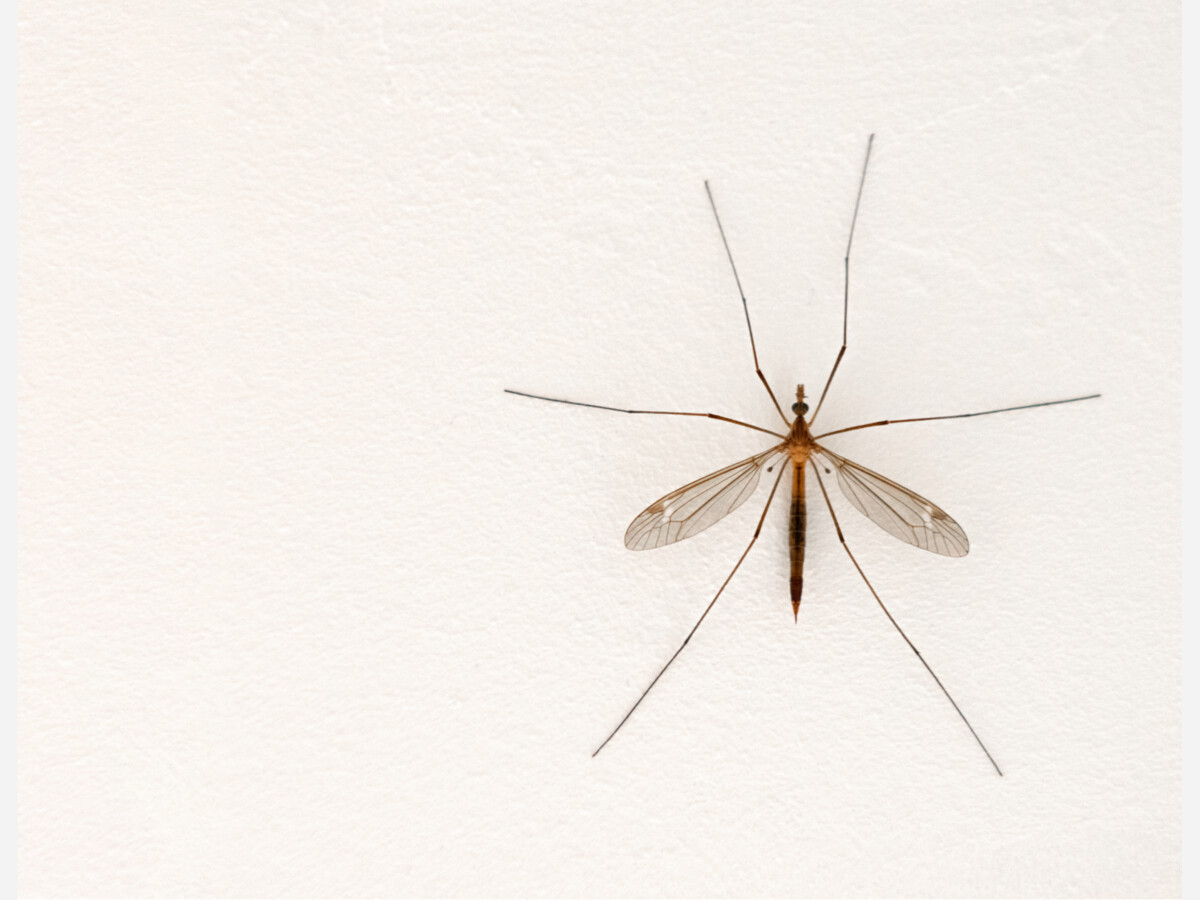Image


Norfolk County’s first positive human case of West Nile Virus (WNV) of the summer was reported on August 17, and risk levels of Eastern Equine Encephalitis (EEE) and WNV in Westwood and surrounding towns are generally low and moderate, respectively, according to the latest updated data set of August 27, 2024 from the Massachusetts Department of Public Health.
The current "moderate" WNV risk level in Westwood represents an increase from the low level risk the town experienced earlier this summer.
(data sourced from Department of Public Health, last updated August 27, 2024)
|
Town |
Risk Level EEE |
Risk Level WNV |
|
Westwood |
Low |
Moderate |
|
Canton |
Low |
Moderate |
|
Dedham |
Low |
Moderate |
|
Dover |
Low |
Moderate |
|
Medfield |
Low |
Moderate |
|
Needham |
Remote |
Moderate |
|
Norwood |
Low |
Moderate |
|
Walpole |
Low |
Moderate |
Norfolk County’s first positive human case of WNV for this summer was reported on August 17. Further detail on location or residence of the individual affected was not included in the data reviewed by Westwood Minute. The positive case presented as meningitis in a male, aged 60-69 years old.
The single positive human case in Norfolk County is one of four such reported cases in Massachusetts this summer. Human cases of WNV were also found in Hampden, Middlesex, and Suffolk Counties in July and August. Clinical presentations were encephalitis (2) and meningitis (2). These positive human cases have prompted MA DPH to raise the WNV risk level of Norfolk County communities of Brookline, Milton, and Quincy to high risk.
“We are currently in the peak time for West Nile virus activity in Massachusetts, which will continue into September. As the amount of disease in mosquitoes increases, so do the chances for human infection,” said Public Health Commissioner Robbie Goldstein, MD, PhD, in a MA DPH press release. “It is important that people throughout the state continue to take steps to avoid mosquito bites. The risk of West Nile virus in Massachusetts will not go away until the first hard frost.”
There has been one reported human case of EEE in an individual in Worcester County in early August. The clinical presentation was encephalitis.
All reported human cases of EEE and WNV so far this summer in Massachusetts have been reported in males. One man is age 40-49, two individuals are age 60-69 , a fourth man is aged 70-79, and the fifth man is aged 80-89.
“At least 32 other states have also reported human cases of WNV this year,” said State Epidemiologist Dr. Catherine M. Brown. “While not everyone will get sick from WNV, people over the age of 60 and those with certain chronic medical conditions are more likely to develop severe illness. We encourage everyone to take steps to prevent mosquito bites for yourself and your loved ones.”
To reduce your risk of contracting EEE or WNV:
Animal owners may want to consider consulting their veterinarians regarding risk of EEE and WNV to their pets. Ask about mosquito repellents that may be approved for use in animals.